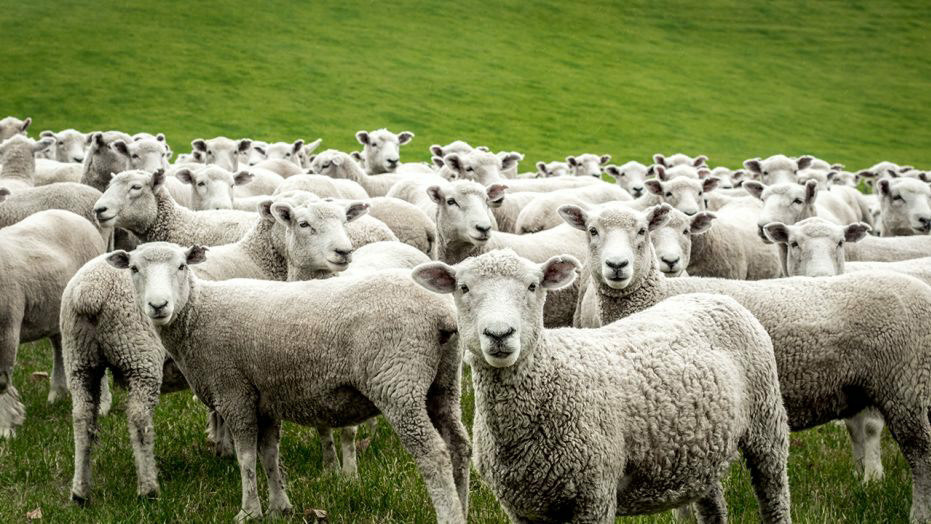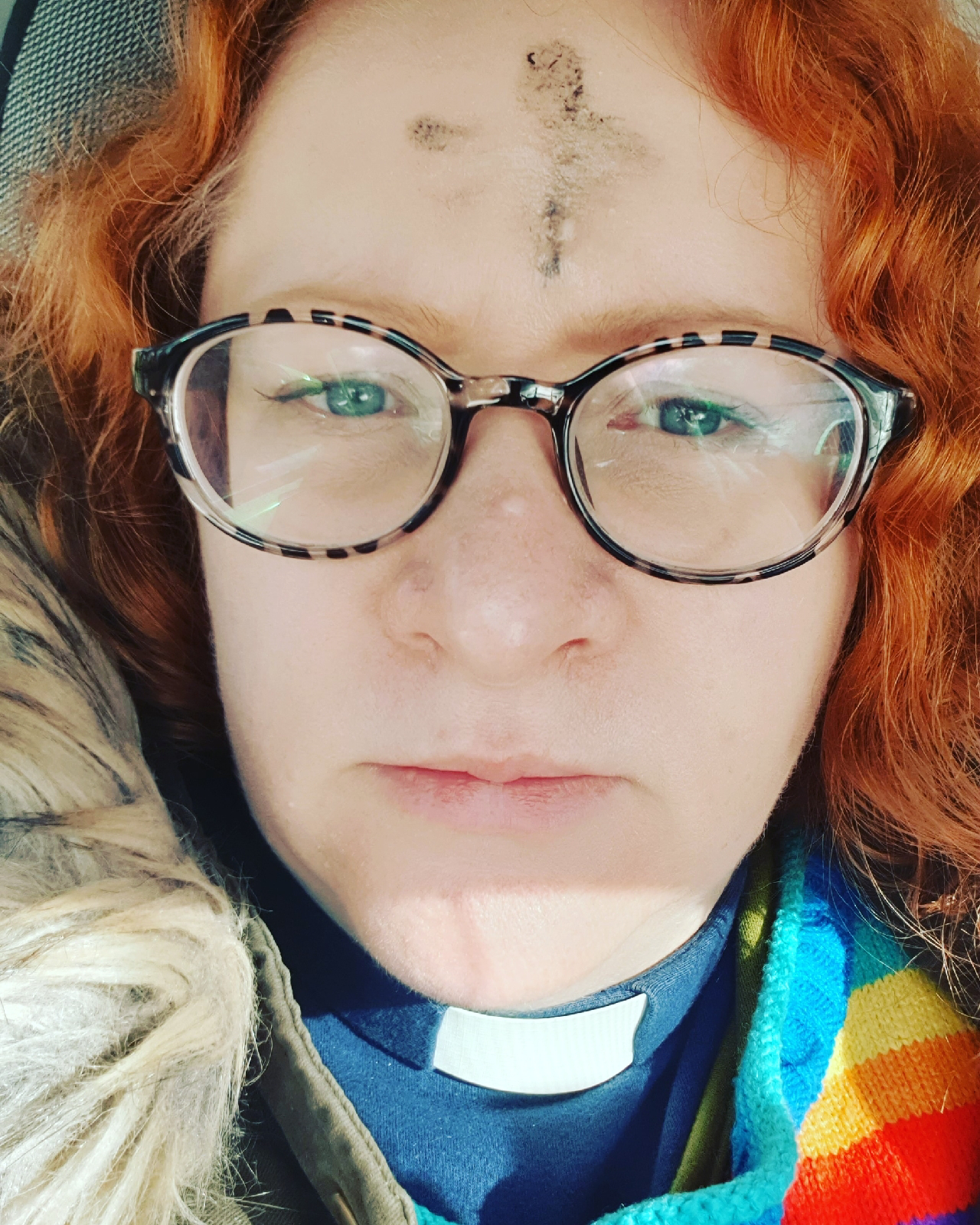I'm, sure many of us are missing out on a traditional nativity and carol service this year so we'd like to welcome everyone to our Chaplaincy carol service which you can enjoy from your desk! This will unashamedly mirror the sort of family crib service Andrew and myself might have in our parishes, or maybe the Nativity plays your children or grandchildren have taken part in.
We're going to sing some much loved Christmas carols and hear what happened all those years ago on that first Christmas. We begin with O Little Town of Bethlehem
Let's set the scene for how our story begins.
Luke 2:1-5: In those days a decree went out from Emperor Augustus that all the world should be registered. This was the first registration and was taken while Quirinius was governor of Syria. All went to their own towns to register. Joseph also went from the town of Nazareth in Galilee to Judea, to the city David called Bethlehem, because he was descended from the house and family of David. He went to be registered with Mary, to whom he was engaged and who was expecting a child.
So the journey has begun, a perfect opportunity to sing Little Donkey.
Our little donkey has taken Mary and Joseph from Nazareth to Bethlehem and Mary is very close to giving birth. Let's see what happens next in the story.
Luke 2:6-7 :While they were there, the time came for her to deliver her child. And she gave birth to her firstborn son and wrapped him in bands of cloth, and laid him in a manger, because there was no place for them in the inn.
Now Jesus has been born, not as you’d expect a king to be born in a palace or castle but in the place where the animals sleep. To reflect on that we sing Away in a Manger.
Let's hear about some other unexpected characters who join in the story of that first Christmas.
Luke 2:8-16: In that region there were shepherds living in the fields, keeping watch over their flock by night. Then an angel of the Lord stood before them, and the glory of the Lord shone around them, and they were terrified. But the angel said to them: ‘Do not be afraid; for see—I am bringing you good news of great joy for all the people: to you is born this day in the city of David a Saviour, who is the Messiah, the Lord. This will be a sign for you: you will find a child wrapped in bands of cloth and lying in a manger.’ And suddenly there was with the angel a multitude of the heavenly host, praising God and saying: ‘Glory to God in the highest heaven, and on earth peace among those whom he favours!’ When the angels had left them and gone into heaven, the shepherds said to one another: ‘Let us go now to Bethlehem and see this thing that has taken place, which the Lord has made known to us.’ So they went with haste and found Mary and Joseph, and the child lying in the manger.
As the shepherds have come to worship Jesus we’ll sing our next carol, See Him Lying on a Bed of Straw
Now anyone familiar with the Christmas story knows there are some more guests yet to arrive in Bethlehem.
Matthew 2:1-2 and Matthew 2:10-12: In the time of King Herod, after Jesus was born in Bethlehem of Judea, wise men from the East came to Jerusalem, asking: ‘Where is the child who has been born king of the Jews? For we observed his star at its rising, and have come to pay him homage.’ When they saw that the star had stopped, they were overwhelmed with joy. On entering the house, they saw the child with Mary his mother; and they knelt down and paid him homage. Then, opening their treasure chests, they offered him gifts of gold, frankincense, and myrrh. And having been warned in a dream not to return to Herod, they left for their own country by another road.
Of course we now need a carol about the wise men, it has to be We Three Kings
And so that was the first Christmas. Mary and Joseph travelled to Bethlehem, where Jesus was born and visited by some unlikely guests. But it’s not the end of the story, not by a long way, in fact it's just the beginning. Jesus is going to do amazing things, and Christians believe he still does amazing things in our lives and through our lives. To prepare for some prayer time we sing Silent Night.
Let us pray
Jesus Christ, born in a stable,
Be with the poor and homeless this Christmas time.
As we pray, live and give;
shine your everlasting light.
Jesus Christ, born of Mary,
Be with young mothers across the world this Christmas time.
As we pray, live and give;
shine your everlasting light.
Jesus Christ, visited by Shepherds,
Be with all who have to work this Christmas, and those who long to work.
As we pray, live and give;
shine your everlasting light.
Jesus Christ,
who became a refugee,
Be with those who fear for their lives, and those who have left homes and families this Christmas.
As we pray, live and give;
shine your everlasting light.
Amen.
This is the story of our first Christmas. We wish you all a joyful, peaceful Christmas filled with love. As we go back to our work we go with joy in our hearts, singing Joy to the World.
Go in peace,
We go in peace
Go in joy
We go in joy
Go in love
We go in love
Amen.
















